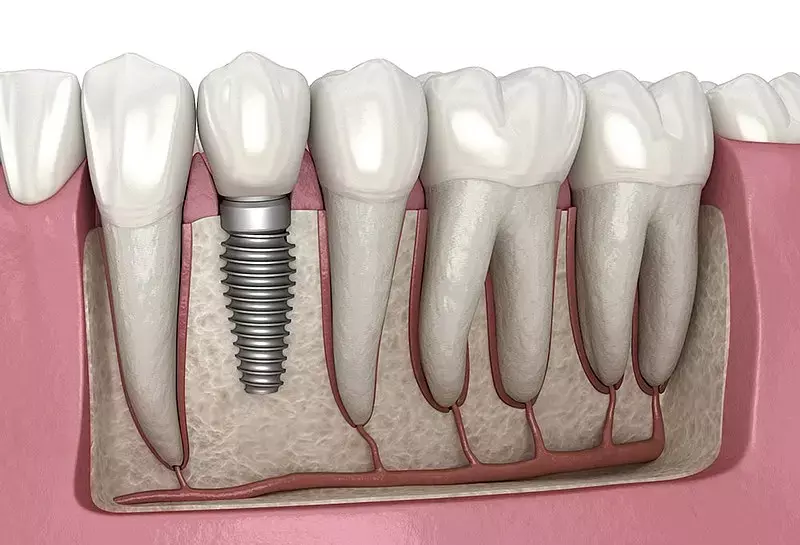- Home
- Medical news & Guidelines
- Anesthesiology
- Cardiology and CTVS
- Critical Care
- Dentistry
- Dermatology
- Diabetes and Endocrinology
- ENT
- Gastroenterology
- Medicine
- Nephrology
- Neurology
- Obstretics-Gynaecology
- Oncology
- Ophthalmology
- Orthopaedics
- Pediatrics-Neonatology
- Psychiatry
- Pulmonology
- Radiology
- Surgery
- Urology
- Laboratory Medicine
- Diet
- Nursing
- Paramedical
- Physiotherapy
- Health news
- Fact Check
- Bone Health Fact Check
- Brain Health Fact Check
- Cancer Related Fact Check
- Child Care Fact Check
- Dental and oral health fact check
- Diabetes and metabolic health fact check
- Diet and Nutrition Fact Check
- Eye and ENT Care Fact Check
- Fitness fact check
- Gut health fact check
- Heart health fact check
- Kidney health fact check
- Medical education fact check
- Men's health fact check
- Respiratory fact check
- Skin and hair care fact check
- Vaccine and Immunization fact check
- Women's health fact check
- AYUSH
- State News
- Andaman and Nicobar Islands
- Andhra Pradesh
- Arunachal Pradesh
- Assam
- Bihar
- Chandigarh
- Chattisgarh
- Dadra and Nagar Haveli
- Daman and Diu
- Delhi
- Goa
- Gujarat
- Haryana
- Himachal Pradesh
- Jammu & Kashmir
- Jharkhand
- Karnataka
- Kerala
- Ladakh
- Lakshadweep
- Madhya Pradesh
- Maharashtra
- Manipur
- Meghalaya
- Mizoram
- Nagaland
- Odisha
- Puducherry
- Punjab
- Rajasthan
- Sikkim
- Tamil Nadu
- Telangana
- Tripura
- Uttar Pradesh
- Uttrakhand
- West Bengal
- Medical Education
- Industry
Implant interface design has significant impact on implant microbial leakage

Although state-of-the-art implant manufacturing techniques are implemented using modern technology, challenges related to 2-piece implants still remain.
A recent study published in the International Journal of Dentistry suggested that the implant interface design has a significant impact on implant microbial leakage and that implants with a line-contact interface exhibited higher resistance to leakage than those with partial face-contact
Although state-of-the-art implant manufacturing techniques are implemented using modern technology, challenges related to 2-piece implants still remain. The formation of micro defects on the surfaces of an implant and abutment components during milling and manufacturing processes results in "micro gaps" at the implant-abutment interface (IAI). These micro gaps could be a reservoir for bacterial accumulation, peri‑implant bone loss, and peri‑implantitis.
This study aimed to evaluate implants from different manufacturers and determine whether the implant-healing abutment interface has a significant impact on implant seal.
An air-injection pressure measurement test was performed on implants with either line-contact (modified TSIII [TSM] and Bone Level Tapered [BLT]) or partial face-contact (BlueDiamond [BD], SuperLine [SL], ISII, and UFII) interface design from 6 different manufacturers. Forty implants per implant type were analysed. Pressure data were evaluated with Kruskal–the Wallis test and Dunn's post hoc analysis (statistical significance was set at P < .05).
Results:
- BLT implants leaked when the mean pressure was increased to 199.9 kPa.
- The following implants showed mean leakage pressures of 182.9 (TSM), 157.4 (BD), 112.9 (SL), 101.8 (ISII), and 30.6 (UFII).
- There was a significant difference between line-contact and partial face-contact implants (P < .001).
Thus, the implant interface design has a significant impact on implant microbial leakage. Implants with a line-contact interface exhibited higher resistance to leakage than those with partial face contact.
Reference:
Soyeon Kim, Joo Won Lee, Jae-Heon Kim, Van Mai Truong, Young-Seok Park, et al. Assessing Microleakage at 2 Different Implant-Healing Abutment Interfaces. International Dental Journal,2022, ISSN 0020-6539. https://doi.org/10.1016/j.identj.2022.07.010.
Dr. Shravani Dali has completed her BDS from Pravara institute of medical sciences, loni. Following which she extensively worked in the healthcare sector for 2+ years. She has been actively involved in writing blogs in field of health and wellness. Currently she is pursuing her Masters of public health-health administration from Tata institute of social sciences. She can be contacted at editorial@medicaldialogues.in.
Dr Kamal Kant Kohli-MBBS, DTCD- a chest specialist with more than 30 years of practice and a flair for writing clinical articles, Dr Kamal Kant Kohli joined Medical Dialogues as a Chief Editor of Medical News. Besides writing articles, as an editor, he proofreads and verifies all the medical content published on Medical Dialogues including those coming from journals, studies,medical conferences,guidelines etc. Email: drkohli@medicaldialogues.in. Contact no. 011-43720751


